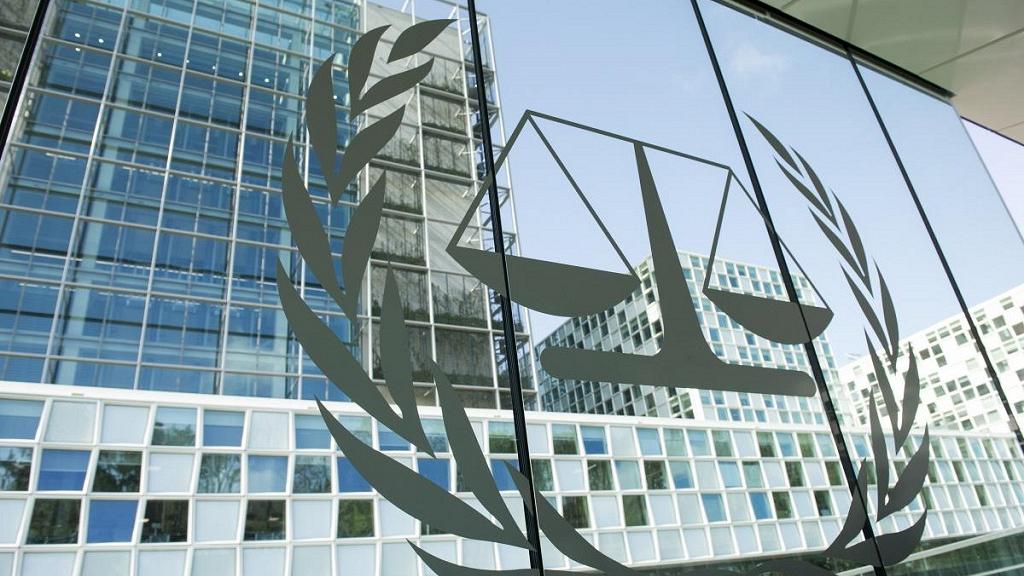International rights group, Human Rights Watch (HRW) have bemoaned the decision by South Africa to initiate official moves towards leaving the International Criminal Court (ICC).
South Africa late last week revealed that it had notified the United Nations Secretary-General of its intention to withdraw as a party to the Rome Statute. The treaty that established the ICC back in 1998.
But HRW’s International Justice Director, Richard Dicker, described the move as a setback in the fight against impunity and war crimes. His views were contained in a release of October 24 titled, ‘South Africa: ICC Move Betrays Victims.’
“South Africa’s leading role in developing principles for an effective and independent court makes the Zuma government’s decision especially troubling, South Africa has made a profoundly negative decision for victims and the rule of law,” said Dicker.
“South Africa’s withdrawal would be a huge reversal of its role as a leader promoting victims’ rights and the values in its post-apartheid constitution,” he added.
The Instrument of Withdrawal was signed in the middle of last week by the International Relations Minister, Maite Nkoana-Mashabane.
Justice Minister Michael Masutha addressed the press last Friday morning saying the South African cabinet took the decision on October 19. A key reason South Africa cited for their move was the inability to conduct peace negotiations with parties in armed conflict because of its obligations to the ICC.
HRW also said they doubted the constitutionality of the proposed withdrawal given that the government had not sought parliamentary approval of the move. “It’s also unclear whether the South African government followed its own laws, not least because it did not consult parliament,” Dicker added.
SUGGESTED READING How to exit the International Criminal Court – a step by step process
Until South Africa’s move, the most recent African country to initiate exiting the ICC was Burundi. The government and parliament have agreed to leave but were yet to officially notify the UN Secretary General.
South Africa had before now mooted the idea of dropping its ICC membership following its highly controversial failure to arrest Sudanese President Omar al-Bashir during an African Union summit in Johannesburg in June 2015.
On the eve of al-Bashir’s arrival in South Africa, the ICC issued several calls for his arrest to the South African government. It’s in light of this that Jeff Radebe, minister in the presidency, announced that South Africa was reconsidering its participation in the ICC.
Kenya and Uganda have also threatened to quit the ICC in the past. In mid-December 2014, Ugandan president Yoweri Museveni announced his intention to mobilise African leaders to quit the ICC. During his swearing in early this year, Museveni described the ICCas a bunch of useless people who he no longer supported.
Even though Uganda is a State Party, they invited Sudanese president Omar al-Bashir who is wanted by the court on charges of war crimes.
Photo credit: © 2016 UN Photo/Rick Bajornas
Source: Africanews



